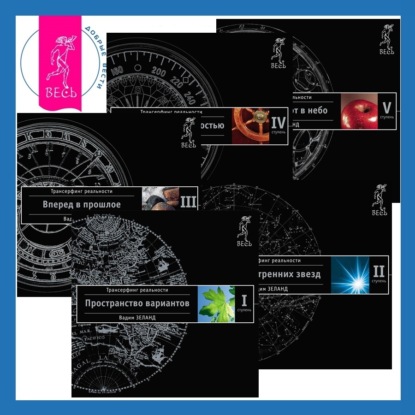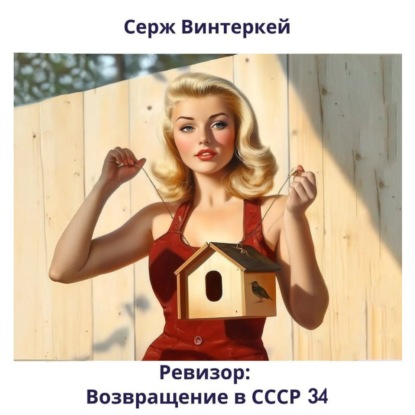The Situationist International (SI) was a Paris-based artistic and political avant-garde group that formed in 1957, went through three distinct phases during its existence, and dissolved in 1972. In 1967, SI leader Guy Debord published his book The Society of the Spectacle, which presents his theory of how "the Spectacle" (i.e., the Capitalist system in its totality) works endlessly (though not always successfully) to transform people into spectators whose sole purposes are to consume commodities and to live de-politicized, passive, isolated, and contemplative lives. To challenge and subvert "the Spectacle," Debord and his SI associates theorized and practiced the anti-spectacular critical art they called "detournement," which entails reusing existing artistic and mass-produced elements to create new combinations or ensembles. As Debord wrote in 1956, detournement has the potential to be "a powerful cultural weapon in the service of real class struggle." In this edited book, the authors contribute chapters about how they created their own detournements and used them as central audio-visual texts in critical projects that they designed and carried out in a variety of pedagogical situations. Most of the projects involved preservice teachers in teacher education courses, and the anti-spectacular purposes include challenging Hollywood's problematic representations of Native Americans, subverting the racist stereotypes of Latin@s in a popular children's book, and critiquing the neoliberal agenda of the charter school movement. This book offers readers detailed accounts of pedagogical projects that can serve as examples of the critical possibilities of detournement. Это и многое другое вы найдете в книге Detournement as Pedagogical Praxis
Detournement as Pedagogical Praxis (книга)
Подробная информация о книге «Detournement as Pedagogical Praxis ». Сайт не предоставляет возможности читать онлайн или скачать бесплатно книгу «Detournement as Pedagogical Praxis »















